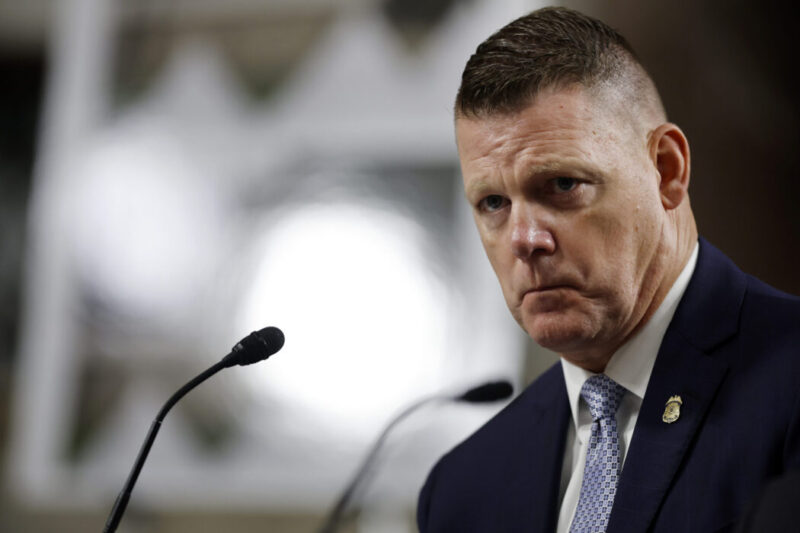Acting Secret Service Director Answers Questions About Drone During Hearing
Let’s dig into a situation that’s been raising more than a few eyebrows: the recent revelations about the Secret Service’s handling of security at former President Donald Trump’s rally in Butler, Pennsylvania. It turns out that the Secret Service made some questionable decisions leading up to the assassination attempt on July 13, and now, those decisions are under serious scrutiny.
The big question on everyone’s mind is this: why didn’t the Secret Service deploy a drone for overwatch at the rally? As it turns out, the would-be assassin had a drone, but the Secret Service did not. And that’s not just a technical oversight—it’s a glaring failure that’s left many people wondering how this could have happened.
During a joint Senate committee hearing on Tuesday, Acting Secret Service Director Ronald Rowe was put on the hot seat to explain what went wrong. When pressed by Missouri Senator Josh Hawley, Rowe admitted that the Secret Service had turned down an offer from local law enforcement to provide a drone for the event. Yes, you heard that right—the local cops were ready to help, but the Secret Service said, “No thanks.”
CORNYN: Can you explain why the shooter’s drone worked?
USSS: There was no-counter drone system present. pic.twitter.com/5qgoWUlZAw
— Townhall.com (@townhallcom) July 30, 2024
Why on earth would they do that? Rowe’s explanation was, to put it mildly, less than satisfying. He admitted that they “probably should have taken them up on it,” but beyond that, the reasoning was vague and unconvincing. Hawley wasn’t buying it, and neither should we. This isn’t just a minor misstep—it’s a critical failure in the agency’s duty to protect.
Let’s break down some of the excuses that have been floated. First, there was talk about connectivity issues at the rally site. Apparently, the Secret Service was concerned that all the cell phone traffic would interfere with their ability to control a drone. But seriously, in 2024, with all the technology at our disposal, are we really supposed to believe that the Secret Service couldn’t figure out how to operate a drone at a public event? If that’s the case, it’s a failure of imagination—or worse, a failure of planning and preparation.
Then there’s the issue of why no one on the ground thought to pick up a drone, even from a local store like Costco or Walmart. It sounds absurd, but it highlights a broader problem: a lack of proactive thinking and a reliance on outdated protocols that don’t match the realities of modern threats.
But perhaps the most troubling aspect of this story is the bureaucratic double-talk that came out during the Senate hearing. Rowe’s reluctance to fully admit the Secret Service’s mistakes, his hedging about whether the offer of a drone was actually made, and his overall lack of decisive answers all point to an agency that’s more concerned with covering its tracks than with taking responsibility.
And let’s not forget the broader implications here. If the Secret Service is this unprepared for an event in a relatively controlled environment, what does that say about their readiness to protect high-profile figures in more complex situations? It’s a sobering thought, especially when you consider that the stakes are nothing less than life and death.

